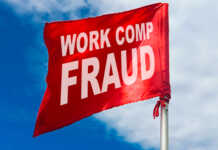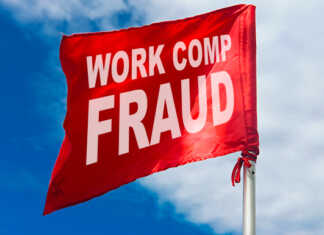ICW Group’s Special Investigations Unit (SIU) is comprised of experts in fraud investigation and identification. We leverage this expertise to interview parties involved in a questionable workers’ compensation claim.
Detecting deception in conversation can be challenging, but there are several cues and strategies that can help you identify potential signs of dishonesty. Here are some indicators you can look out for during an interview:
Inconsistent Statements: Pay attention to inconsistencies or contradictions in the person’s story. If their account of events changes or doesn’t align with known facts, it could be a sign that they are being deceptive.
Nonverbal Cues: Observe the person’s body language for signs of nervousness or discomfort, such as fidgeting, avoiding eye contact, or excessive sweating. These nonverbal cues may indicate that the person is feeling anxious about deceiving you.
Speech Patterns: Listen for verbal cues that may suggest deception, such as hesitations, stammering, or overly formal language. Be wary of individuals who provide vague or evasive answers to direct questions.
Microexpressions: Watch for fleeting facial expressions that occur involuntarily and may betray the person’s true emotions. Microexpressions such as brief flashes of fear, contempt, or guilt can indicate deception.
Baseline Behavior: Familiarize yourself with the person’s typical behavior and communication style. Deviations from their baseline behavior, such as sudden changes in tone of voice or speech rate, may signal that they are being deceptive.
Avoidance of Accountability: Be wary of individuals who deflect blame or responsibility for their actions. If they refuse to take ownership of their mistakes or provide excuses for their behavior, it could be a red flag for deception.
Grooming Behaviors: Pay attention to grooming behaviors, such as touching the face or adjusting clothing, which may indicate discomfort or nervousness. These behaviors may increase in frequency during moments of deception.
Contextual Clues: Consider the context of the conversation and any external factors that may influence the person’s behavior. For example, they may be more likely to deceive you if they have something to gain or perceive a threat to their reputation or status.
It’s important to note that no single cue is definitive evidence of deception, and false accusations can have serious consequences. Instead, look for clusters of behaviors and use your judgment to assess the overall credibility of the person’s statements. Whenever applicable, you should seek additional information or clarification to verify the truthfulness of their assertions.
Visit our Policyholder Center for more information on how we partner with you to fight fraud!

















